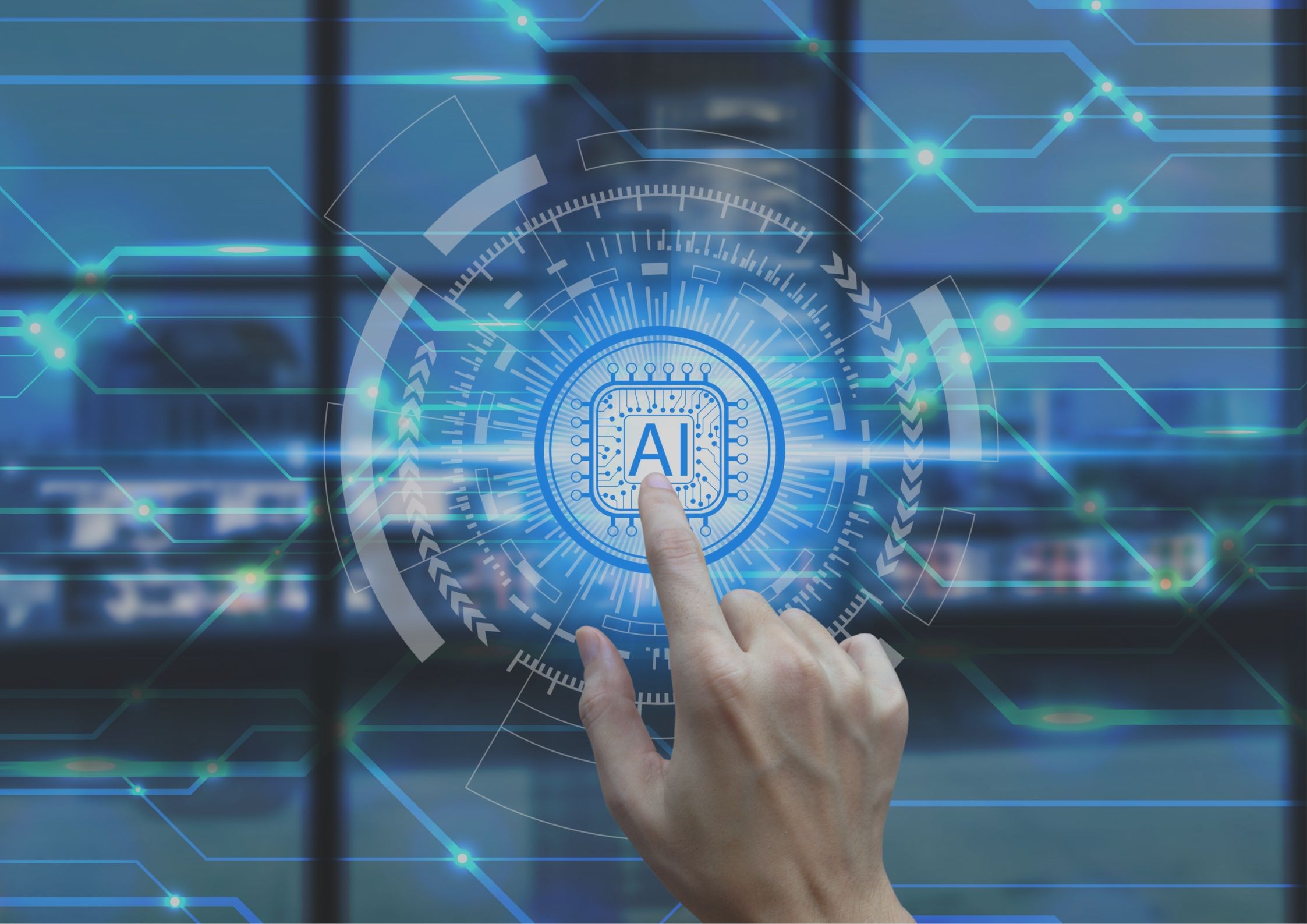Share
Homepage
News
AI & The Future of Banking
AI & The Future of Banking
16 tháng 4 2025・ 12:45
How AI is Reshaping the Future of Banking

1. Overview: When AI Enters the Banking World
In the coming decade, artificial intelligence (AI) is expected to revolutionize the way banks operate — from customer service and risk management to data analysis and fraud prevention.
Leading global banks such as JPMorgan Chase, Bank of America, HSBC, and DBS are accelerating their adoption of AI and machine learning to optimize operations and offer personalized experiences.
2. How AI is Transforming the Banking Industry
- Automated Customer Service
AI-powered chatbots handle thousands of requests daily — from checking balances and retrieving statements to opening accounts.
Improved customer experience and reduced burden on call centers.
- Data Analytics & Service Personalization
AI analyzes spending habits and financial behavior to recommend tailored services such as loans, savings, and investments.
New credit scoring models powered by big data offer improved accuracy.
- Fraud Detection & Risk Management
Real-time monitoring of suspicious transactions using AI algorithms.
Minimizes financial loss and enhances security for clients.
- Operational Optimization
Robotic Process Automation (RPA) streamlines internal tasks such as paperwork and reporting.
Cuts down on manual errors and reduces operational costs.
3. Impact on Banking Workforce
AI transforms workflows and also reshapes job requirements.
Traditional roles like tellers may shrink, while demand rises for data analysts, cybersecurity experts, and AI governance specialists.
4. Challenges Banks Must Overcome
Data Security: AI relies heavily on large data volumes, raising concerns over data privacy and compliance.
Initial Investment: Tech infrastructure, staff training, and system development require significant costs.
Ethics & Bias: AI systems must be monitored to avoid discriminatory practices in credit decisions or financial recommendations.
5. The Future of AI in Banking
According to PwC:
Banks can save up to 22% in operational costs by 2030.
85% of basic transactions will be fully automated.
The future points toward smart digital banks — highly personalized, efficient, and transparent.
All information on our website is for general reference only, investors need to consider and take responsibility for all their investment actions. Info Finance is not responsible for any actions of investors.
